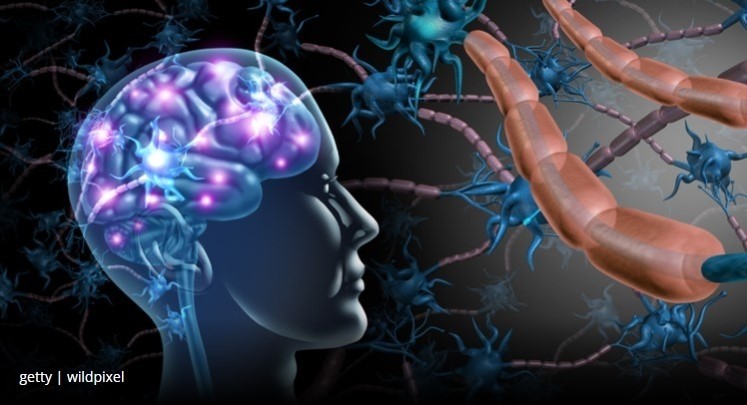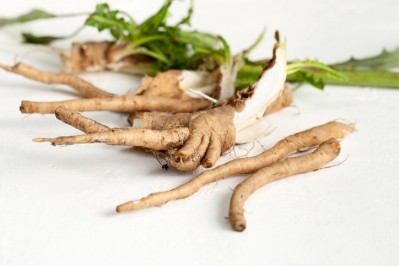Study: Positive signs that GOS supplementation can reduce stress and anxiety

The study authors say their research demonstrates the “promising effects of prebiotics on altering the trajectory of mental health outcomes by reducing anxiety and stress in humans via the gut-brain axis”.
They note that GOS supplementation over four weeks reduced trait anxieties and indicators of anxious behaviour in a cognitive task with participants who initially displayed high levels of anxiety.
Results were duplicated by changes in gut microbiome composition and especially Bifidobacteria abundance.
Evidence also suggests gut bacteria could be used to reduce emotional unhealthy eating; they add .
“Prebiotics have also been shown to influence appetite. Thus, it is possible that these effects of prebiotics have the potential to disrupt the cycle of emotional eating of highly palatable foods by decreasing both initial cravings and negative emotions.”
Improved gut microbiota
Researchers at the University of Surrey analysed the food diaries of 64 healthy female volunteers (aged 18-25) after 28 days of daily GOS supplementation (7.5 grams (g)).
They observed an improvement in gut microbiota composition due to an altered desire for certain carbohydrates as a result of increased gut Bifidobacterium.
Participants consumed around 2% of energy from fibre on average, although those in the GOS group had 11.5% greater Bifidobacterium abundance compared to the placebo.
The authors explain the proliferation of Bifidobacterium effectively changed participants nutrient intake from digestible fibres with 4.3% less energy absorbed from carbohydrates, 4.2% more from fats, and 4.1% less from sugar.
Increased gut Bifidobacterium after GOS intake also reduced the abundance of Desulfovibrio bacteria, associated with clinical intestinal disease.
They therefore postulate that GOS may have “a specificity mechanism in increasing abundance of Bifidobacterium that reduces the need to eat specific types of carbohydrates”.
However, they stress that the effects of fibre supplementation on gut microbiota are individualised and subject to behavioural actions in food selection, which has a strong influence on overall gut health.
Test protocol
Volunteers received a daily dose of either 7.5g of the prebiotic GOS Biotis, supplied by FrieslandCampina Ingredients, or a placebo (maltodextrin, dried glucose syrup).
The supplement is a non-digestible carbohydrate, which is not completely broken down by human digestive enzymes and therefore reaches the intestine relatively intact.
In contrast, maltodextrin is absorbed in the upper part of the intestine and does not reach the colon. Both supplements were provided in powdered form and in blind packaging.
At baseline and follow-up participants were supplied with a sampling kit for stool collection at home and food diaries had to be completed with dietary information, including portion sizes and recipe ingredients.
Differential abundance testing on each of the 86 taxonomies collected at baseline were performed using analysis of covariance with supplement group (GOS or placebo) as predictor and 28-day taxonomy as covariate.
Bacterial abundance (expressed as a percentage of total gut microbiome composition) were used for nutrient outcomes and bacteria predictors. Predictive bacteria selected were Bacteroides, Barnesiella, Gardnerella, Bifidobacterium, Aestuariispira, Desulfovibrio, Peptoniphilus and Sporobacter.
Source: Nutrients
Published: doi.org/10.3390/nu13124384
‘Nutrient Intake and Gut Microbial Genera Changes after a 4-Week Placebo Controlled Galacto-Oligosaccharides Intervention in Young Females’
Authors: Nicola Johnstone, Susannah Dart, Paul Knytl, Arjen Nauta, Kathryn Hart and Kathrin Cohen Kadosh















